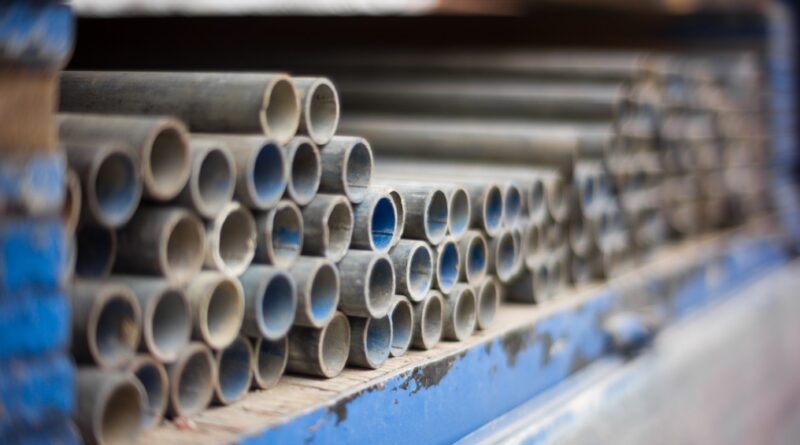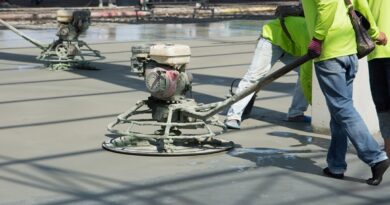Everything You Need to Know About Steel Pipes
We all have used pipes, which are hollow cylindrical tubes, for many different things for thousands of years. Although virtually any material can be used to make pipes, metals are now increasingly frequently used since modern pipes must be more than just hollow tubes used to transfer fluid.
Steel is a metal alloy that offers a wide range of mechanical and chemical properties that can be used in even the most demanding applications. As a result, steel pipes are used in a wide range of applications today for structural and manufacturing needs as well as transportation. Due to application requirements, steel pipes can be made using a variety of steel grades and production techniques.
Long, hollow steel pipes are utilized in a wide range of settings for a wide range of purposes. Pipes are the steel industry’s most popular product due to their versatility. They are frequently utilized to transport both small solid particles and fluid substances that can flow. Due to their tremendous strength, they can also be used in construction for things like heating and plumping or in the underground transmission of water and gas through cities.
For thousands of years, people have used and created pipes for a variety of uses. Steel pipe technology has advanced significantly since the 1800s, with improvements to production processes, applications for their use, and the creation of rules and specifications for certification.
What are they used for?
Because of its durability and low maintenance requirements, black steel pipes are used in a range of applications. They are typically utilized for conduits that safeguard electrical wiring, transmit high-pressure steam and air, and convey gas and water to both rural and urban regions. Additionally, the oil and petroleum sectors use black steel pipes to transport massive amounts of oil across far-flung locations.
Steel pipes are also used for sewage systems, water wells, and gas distribution inside and outside of homes. Black steel pipes, on the other hand, are never used to convey potable water since they tend to corrode in water and the pipe’s mineral will dissolve into the water and clog the line.
For Structure
Building and construction that uses steel tubes as a building material are generally referred to as structural utilization. In order to offer additional stability and strength to very tall buildings or constructions, steel tubes are used. End-bearing piles and friction piles, both of which serve the purpose of distributing the weight of the building, are two forms of steel pipes that are used in structural applications.
Before laying the foundation, steel pipes are driven deep into the ground in certain applications, providing excellent support for the building, especially when the ground is unstable. Scaffolding poles, which enable construction workers to access all inaccessible sections of the building, are another structural use for steel pipes.
For Manufacturing
Steel pipes are used in manufacturing for a wide range of applications. One of the most popular ways to give a safety element for staircases and balconies, or for bicycles and pedestrians on the street, is with guard rails. Steel pipes can be used as security bollards, which are intended to block off space from vehicle traffic in order to safeguard persons, structures, or infrastructure.
Additionally, steel pipes are a choice for exterior site furnishings. Steel tubes are bent to produce several commercial bike racks. Steel has a high level of strength and toughness, making it secure against robbers.
For Transportation
Steel pipes are most frequently used for product transportation since the properties of the raw material make them ideal for long-term installations. As was previously said, different applications call for various properties. For example, a steel pipe used in low-pressure applications is not expected to have extremely high strength because it is not exposed to heavy loads.
Due to the dangerous nature of the product and the potential for rising pressure, more specialized applications for usage in the oil and gas industry may need more exacting requirements. These demands increase the price and make quality control more important.
Key Takeaway
According to most pipe manufacturing regulations, each type of pipe must pass a series of mechanical strength tests as well as a test of its chemical composition. A set of pipes has the same chemical makeup because they were all forged from the same cast ingot.
Many pipes that were produced by the same heat and went through the same heat treatment procedures may be subject to mechanical tests. Traceable material is defined as having these corresponding test reports. Third-party verification of these tests may be necessary for important applications.



